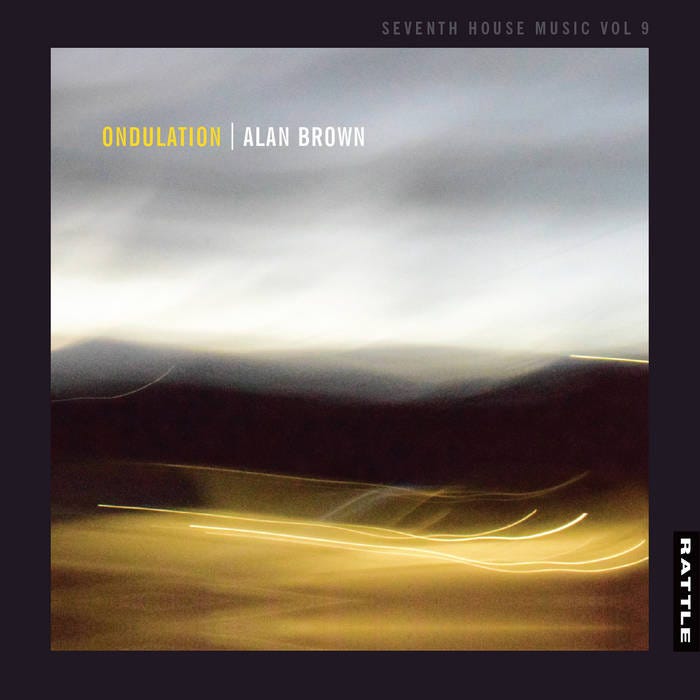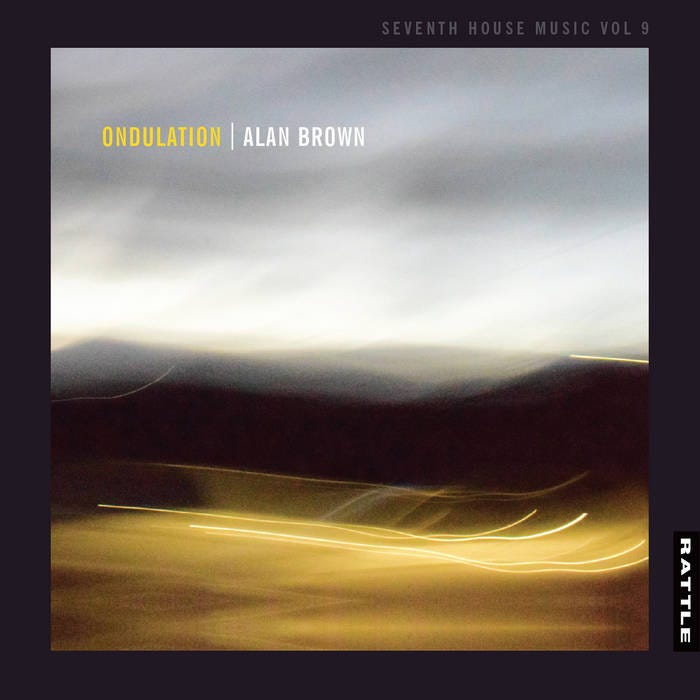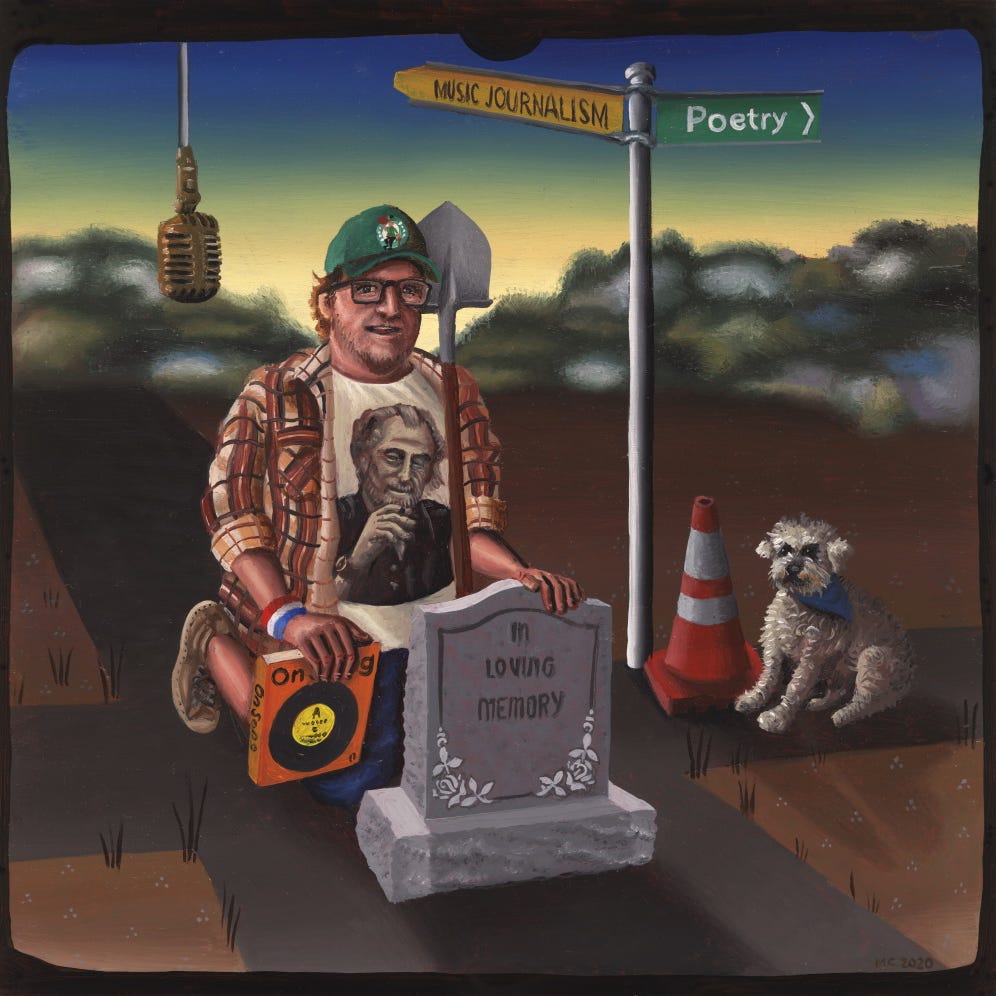Alan Brown: Ondulation
A review of Auckland-based keyboardist Alan Brown's latest set of improvisations and quiet contemplations. Gorgeous, again!
Alan Brown
Ondulation
Rattle
Almost every time I review anything on the Rattle label I end up giving a huge plug for the label itself. And why not, no one else is out there finding and promoting the music that would otherwise slip through the cracks in little Old New Zealand. The music that is somehow both classical and jazz, and neither, the music that is ambient and experimental and/or all points inbetween. Bless Rattle.
This, the latest from Auckland-based keyboardist and composer Alan Brown, is also part of Rattle’s Seventh House Music series, basically a place to put the music that isn’t going to go on the radio, isn’t going to make sense to everyone but wholeheartedly deserves a listen from evolved ears.
I’ve been a fan of Brown’s work whether part of an ensemble (Nathan Haines’ band, say) or out on his own. I’ve reviewed his recent albums - Silent Observer, Composure, and Wind & Wire (click there to read up) - and I’m always interested in where he goes; in where he takes ambient music. The obvious touchstone being Eno’s original ambient albums.
But for Ondulation it is about the instrument dictating the flow, the format hasn’t really changed, but there are new sounds and ideas bubbling up and under due to Brown’s discovery of a bit of equipment called an Ondomo. Well, I’ll let him explain via his liners:
These contemplations and improvisations were partly inspired by an instrument called an Ondomo — a recreation by Naoyuki Omo of the Ondes Martenot, one of the earliest electronic instruments developed in 1928 by Maurice Martenot (Ondes Martenot translated as ‘Martenot’s waves’). For this set of recordings, Alan gravitated back to his primary instrument, the piano, for many of the improvisations, allowing the various background colours to inform the process. The result is an album of great beauty and invention, rich in sonorous textures and equally rich emotional resonances.
It’s almost like Brown is playing both parts, or both roles if you like in those wonderous Eno and Harold Budd collaborations. Brown being both the instrumentalist and the sonic conductor. In fact Brown is the composer, performer and producer, the conceptualist behind it all too.
It is music for the early hours of the morning, I feel. Which is basically my favourite genre. Opener, Decider, tells us that straight away. Its soft piano notes arriving like some of Eno’s Shutov Assembly pieces; the ‘ondulation’ or ripple/wave from the Ondomo sits quietly, gently beneath.
Again, with this ‘genre’, there’s crossover with soundtrack work, and Lamp Bells takes some of the Pink Floyd-like feel of the recent movie scores that Nick Cave and Warren Ellis, and Trent Reznor and Atticus Ross have been creating in their respective pairings.
There’s such stateliness here (Defiant Gardens), there’s wonderful, crepuscular tones and moods (Additions), and just a feeling of being able to unplug from the world (Edge of Thought), to find yourself with the correct soundtrack for contemplation (Tree of Survival).
Alan Brown has done it again. It’s a quiet album, for quieting minds, for those quiet moments of calm; for quite the antidote to the noise of the world.






